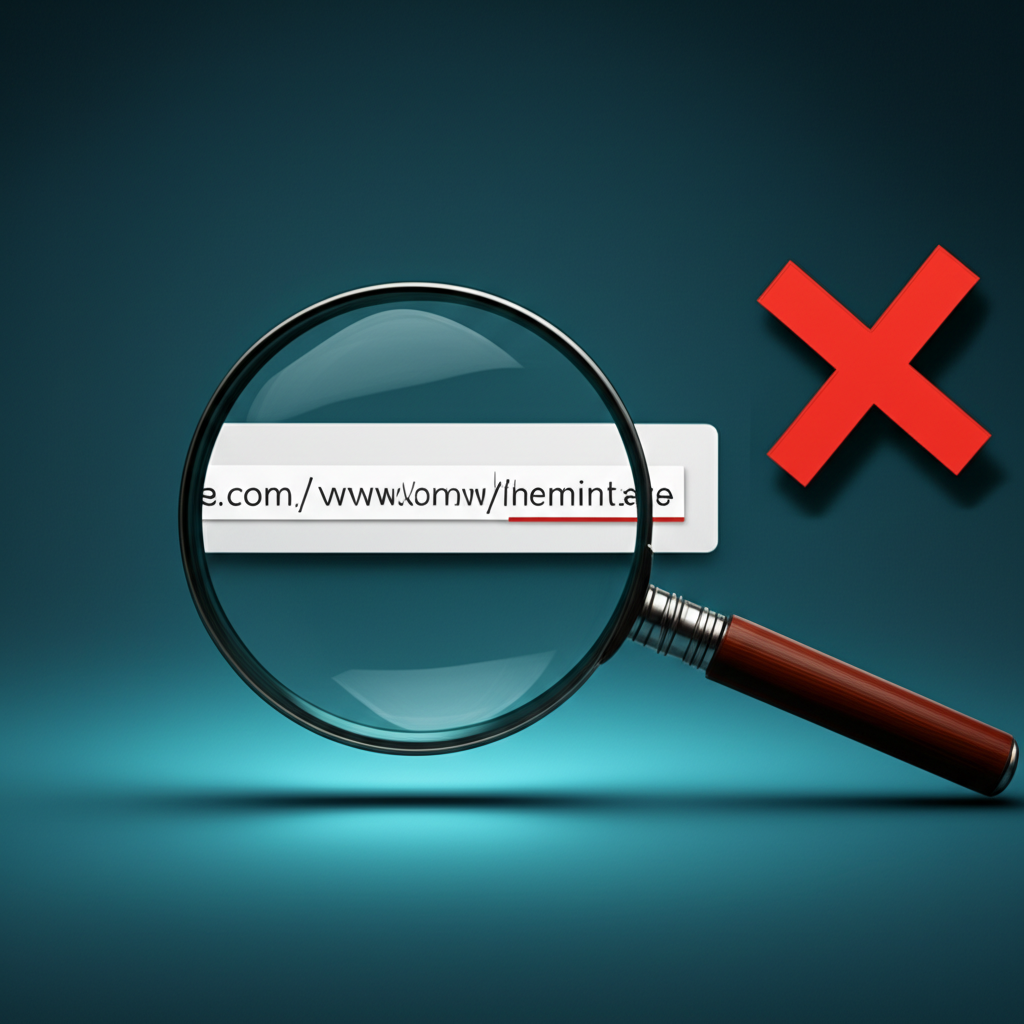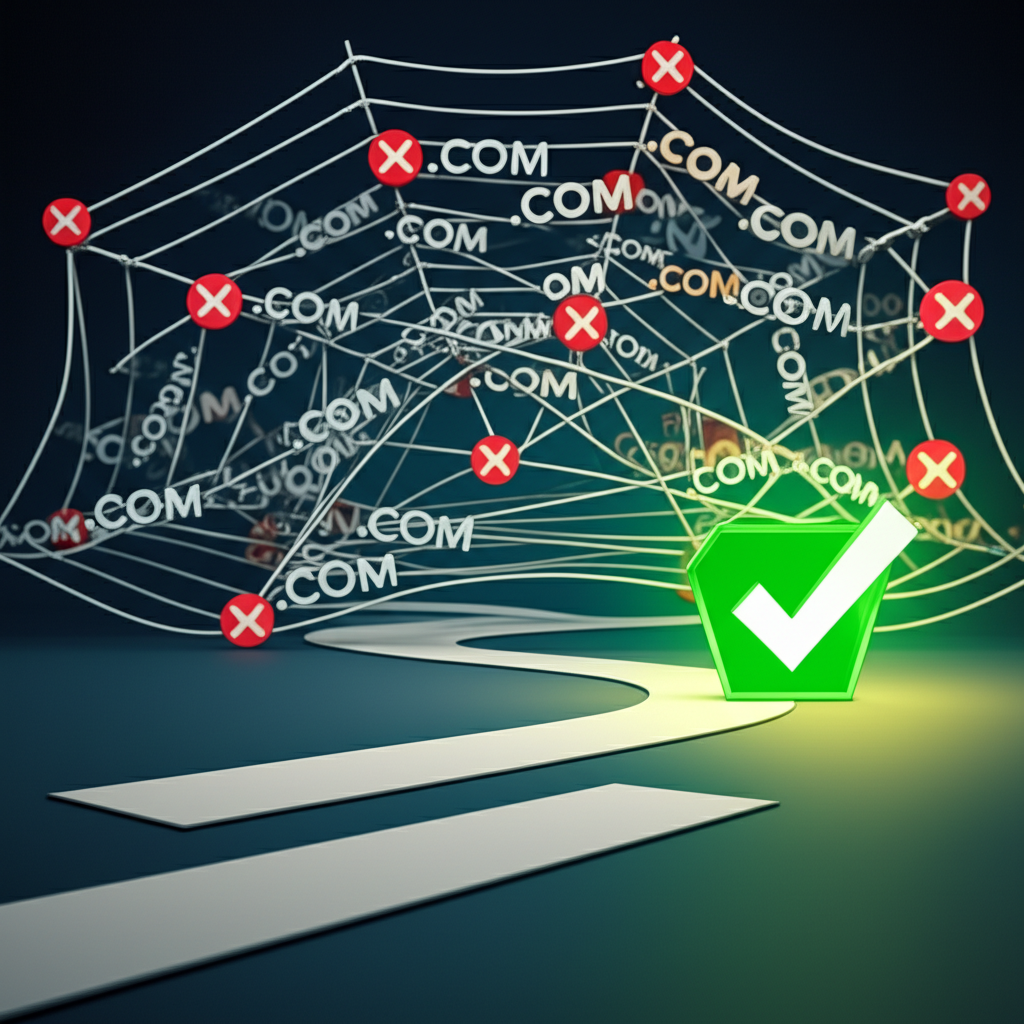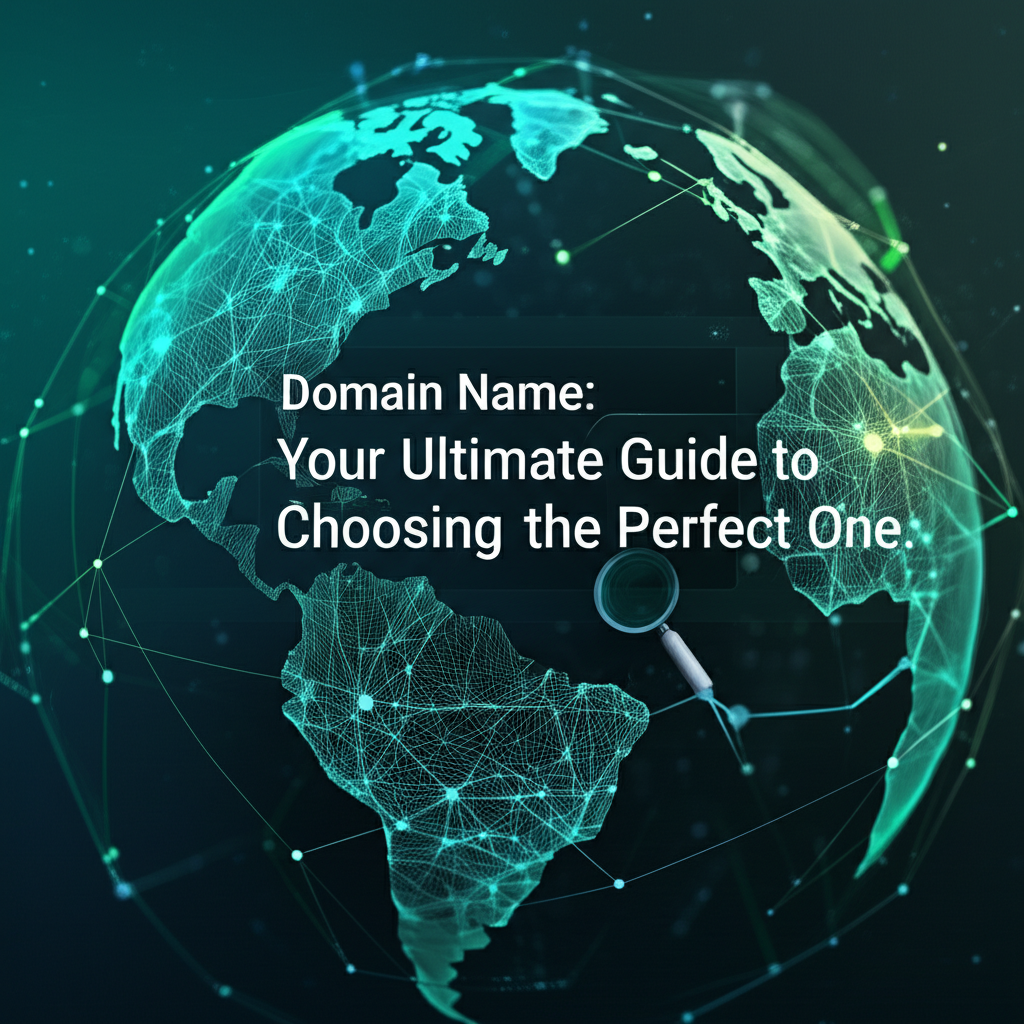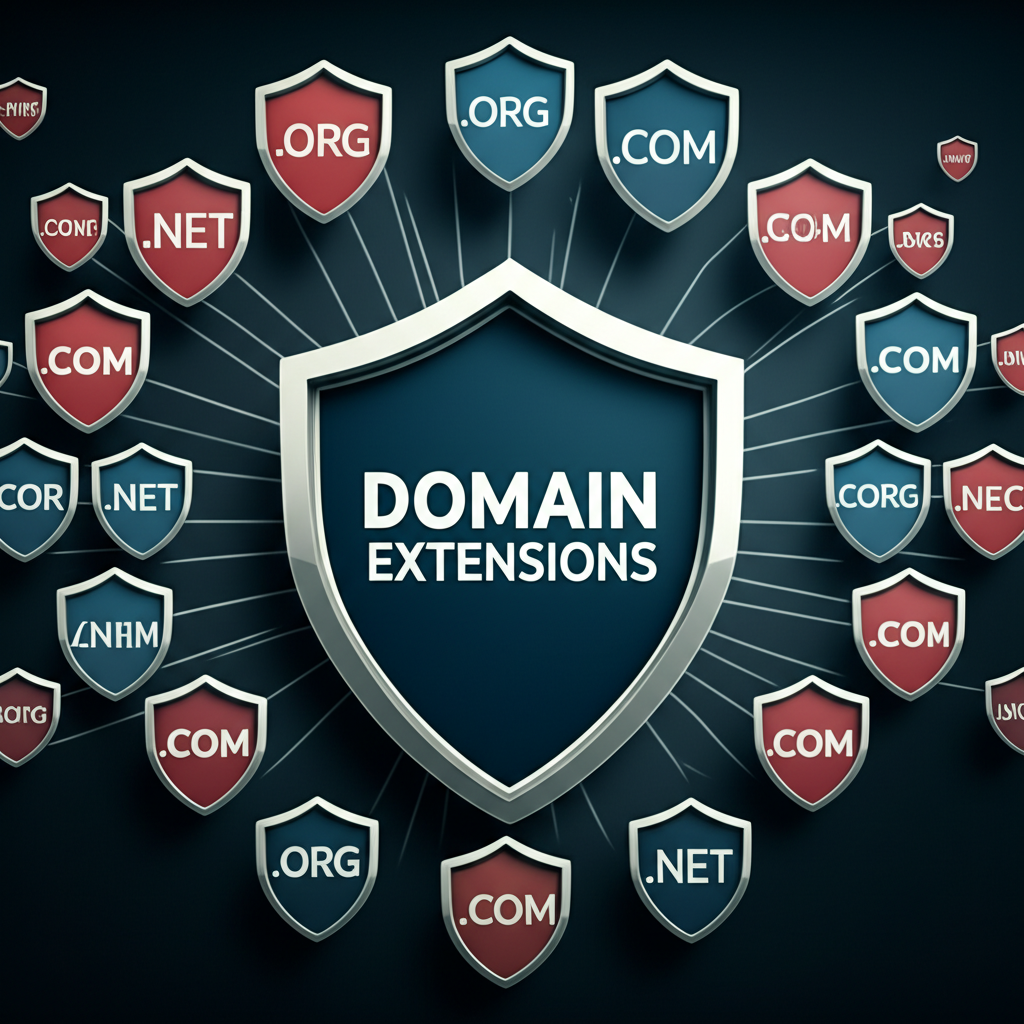- Avoiding Common Domain Buying Mistakes
- 1. Choosing the Wrong Domain Extension
- 2. Ignoring Keyword Relevance (Domain Buying for SEO)
- 3. Overlooking Trademark Infringement
- 4. Buying a Too-Long or Complicated Domain Name
- 5. Neglecting Mobile-Friendliness
- Advanced Domain Buying Mistakes to Avoid
- 6. Not Checking Domain History
- 7. Failing to Secure Domain Privacy
Domain Buying Mistakes: 7 to Avoid for Best Results
Domain buying can be a thrilling experience, the first step towards establishing your online presence. But it can also be a minefield of potential mistakes. Choosing the right domain name is crucial for your website’s success, influencing everything from branding and SEO to user experience. Making the wrong choices can lead to missed opportunities, branding confusion, and even lost revenue. So, before you dive in and click “buy,” take a moment to consider these seven critical domain buying mistakes to avoid for best results.
Avoiding Common Domain Buying Mistakes

Navigating the world of domain names can be tricky. With so many extensions and options available, it’s easy to fall prey to common pitfalls. Avoiding these blunders will help set your online venture up for success.
1. Choosing the Wrong Domain Extension
While “.com” remains the king, a plethora of domain extensions like “.net,” “.org,” “.co,” and even niche extensions like “.photography” or “.cafe” are now available. Opting for an obscure extension might seem quirky, but it can limit your reach. “.com” is still the most recognized and trusted extension, and it’s often the user’s default assumption when typing in a web address. If your desired “.com” is unavailable, consider a relevant and widely recognized alternative before venturing into less common territory.
2. Ignoring Keyword Relevance (Domain Buying for SEO)
Domain Buying for SEO is crucial. Including relevant keywords in your domain name can boost your search engine rankings. While exact-match domains (EMDs) are no longer the SEO silver bullet they once were, integrating related keywords can still improve your visibility. For example, if you’re selling handmade jewelry, a domain like “handcraftedjewelrydesigns.com” is more descriptive and SEO-friendly than something generic like “sparklythings.com.” However, prioritize brandability and clarity over keyword stuffing.
3. Overlooking Trademark Infringement
Before settling on your perfect domain name, conduct thorough trademark searches. Accidentally infringing on an existing trademark can lead to legal battles and force you to relinquish your domain. Trademark infringement can be a costly mistake, both financially and reputationally. Utilize trademark databases and consult with legal counsel if you have any doubts about the legality of your chosen domain.
4. Buying a Too-Long or Complicated Domain Name
A short, memorable domain name is a valuable asset. Long, complex domains are difficult to remember, prone to typos, and look unprofessional. Aim for a domain that is concise, easy to spell, and easy to pronounce. Avoid using hyphens or numbers, as these can further complicate memorization and sharing.
5. Neglecting Mobile-Friendliness
In today’s mobile-first world, considering the mobile experience is paramount. Ensure your domain name is easily typed on mobile devices. Avoid excessively long names or those that require switching between keyboard layouts. Test how your domain displays on various screen sizes to ensure readability and prevent awkward wrapping.
Advanced Domain Buying Mistakes to Avoid
Beyond the basics, some more nuanced domain buying mistakes can significantly impact your long-term success. Taking the time to understand these pitfalls can save you headaches down the line.
6. Not Checking Domain History
A domain’s history can affect its SEO performance. If the previous owner engaged in spammy practices, your new domain might be penalized by search engines. Before purchasing a pre-owned domain, research its history using tools like the Wayback Machine to identify any potential red flags, such as past penalties or association with unsavory content.
7. Failing to Secure Domain Privacy
Protecting your personal information is crucial. When you register a domain, your contact information is publicly available in the WHOIS directory. This can expose you to spam, solicitations, and even potential identity theft. Investing in domain privacy protection shields your information, replacing it with generic contact details provided by your registrar.
By carefully considering these seven domain buying mistakes and taking the necessary precautions, you can ensure that your chosen domain sets you up for online success. A well-chosen domain is an investment in your brand, your online visibility, and your future growth. So, take your time, do your research, and choose wisely.















Leave a Reply